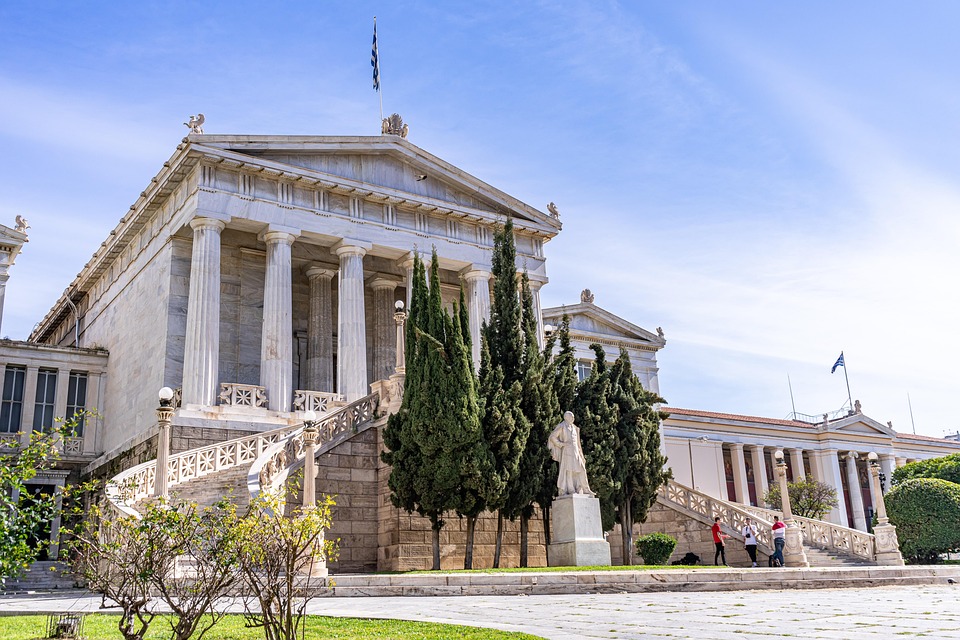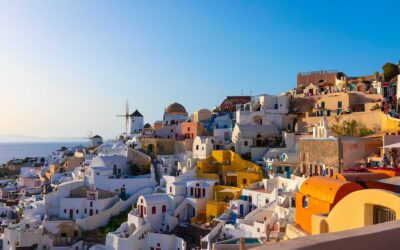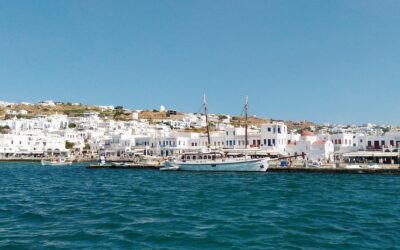
Sustainable Tourism in Greece: Balancing Growth and Preservation
Greece, renowned for its breathtaking landscapes, rich history, and vibrant culture, has long been a premier destination for travelers. However, the surge in tourism over the past few decades has posed significant challenges to the environment, local communities, and cultural heritage. In response, sustainable tourism has emerged as a critical framework for balancing economic growth with ecological and social preservation.
The Importance of Sustainable Tourism
Sustainable tourism can be defined as travel that meets the needs of the present without compromising the ability of future generations to meet their own needs. This approach is particularly crucial for Greece, where tourism accounts for a significant portion of the economy—approximately 20% of GDP. By adopting sustainable practices, Greece aims to protect its natural resources, maintain its cultural identity, and improve the quality of life for its inhabitants.
Challenges Facing Greek Tourism
Overcrowding: Popular destinations such as Santorini, Mykonos, and Athens often experience severe overcrowding, leading to strain on infrastructure and services. This can degrade the overall visitor experience and disrupt the local community.
Environmental Degradation: Increased foot traffic and the construction of new hotels and resorts can lead to habitat destruction, pollution, and resource depletion. Coastal erosion, waste management issues, and water scarcity are additional challenges exacerbated by mass tourism.
- Cultural Erosion: The influx of tourists can sometimes lead to the commodification of local traditions and culture, diminishing the authenticity that attracts visitors in the first place.
Strategies for Sustainable Tourism
Ecotourism Initiatives: Greece is home to an array of natural beauty, including national parks and UNESCO World Heritage Sites. Promoting ecotourism that emphasizes responsible hiking, bird-watching, and nature conservation can help preserve these areas while providing economic benefits to local communities.
Community Involvement: Engaging local communities in tourism planning and management ensures that they have a stake in the benefits tourism brings. This can be achieved through initiatives that promote local crafts, cuisine, and traditions, allowing visitors to connect with the culture in meaningful ways.
Sustainable Infrastructure: Investments in sustainable infrastructure, such as renewable energy sources, efficient waste management systems, and eco-friendly transportation, can significantly reduce the environmental impact of tourism.
Regulation and Management: Implementing visitor caps in highly-trafficked areas and increasing the number of cultural events outside peak seasons can help distribute tourist traffic more evenly throughout the year. Regulations that protect sensitive environments and cultural sites are vital in mitigating the negative impacts of tourism.
- Education and Awareness: Visitor education is crucial to fostering responsible behavior among travelers. Campaigns that emphasize the importance of respecting local customs, reducing waste, and supporting local economies can make a positive impact.
Examples of Sustainable Practices in Greece
Santorini’s “Island of the Future” Project: This initiative seeks to create a sustainable model for the island, focusing on reducing waste, conserving water, and promoting renewable energy sources while maintaining the island’s charm and authenticity.
Eco-Friendly Accommodations: A growing number of hotels and resorts in Greece are adopting eco-friendly practices, such as using solar panels, minimizing plastic use, and sourcing food locally. Establishments like the Caldera View Bungalows prioritize sustainable practices, attracting mindful tourists.
- Cultural Preservation Projects: Various NGOs and local government bodies are working on projects aimed at preserving local traditions, arts, and crafts. Initiatives like training workshops for artisans not only celebrate the culture but also empower communities economically.
Conclusion
Sustainable tourism in Greece is not just a trend; it represents a necessary evolution in how the country manages its most valuable resource—its natural and cultural heritage. By striking a balance between growth and preservation, Greece can protect its unique identity while continuing to welcome visitors from around the world. As travelers increasingly seek experiences that align with their values, embracing sustainable tourism practices will be essential for the future of this iconic destination. Through collaboration among government, businesses, and communities, Greece has the opportunity to lead in sustainable tourism, setting a model for countries worldwide.










